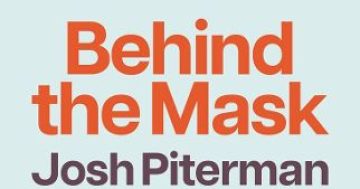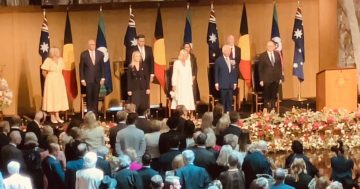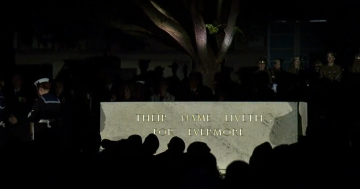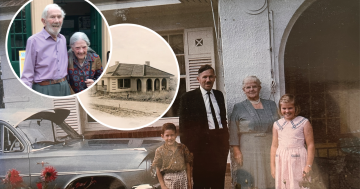 Gretchen Rubin explains why, despite the initial inconvenience, she always tries to attend reunions of her old university classmates.
Gretchen Rubin explains why, despite the initial inconvenience, she always tries to attend reunions of her old university classmates.
Ancient philosophers and contemporary scientists agree that a key — and maybe the key — to happiness is having loving, enduring relationships.
If you look at people who are happier — at work and in life — they’re the people who have more strong relationships.
For that reason, any activity that deepens or broadens our relationships is likely to be a good use of our time, energy, or money.
That’s why I never miss a reunion if I can help it, and I recently went back to a reunion of my university graduating class.
Beforehand, as I always do, I had doubts.
I thought of the hassle to plan my travels and make hotel arrangements; to miss a day of work.
Then maybe I won’t see anyone I want to see — and I’ll have to figure out what to pack.
However, I’ve been studying happiness for more than a decade, ever since I started researching my book The Happiness Project.
In that time, I’ve learned an important lesson: Show up when you can.
I ignored my objections, and I’m so happy I went.
Here are five reasons that my reunion boosted my happiness.
Seeing old friends: In pre-school, my daughter used to sing: “Make new friends but keep the old. One is silver, and the other is gold.”
So true. We need old friends and new friends — but whether old or new, friendship takes effort and time.
Going to a reunion helps renew old friendships so they continue. Also, because of the ‘reminiscence bump’, most adults have especially vivid memories between the ages of 10 and 30.
For me, this period covers school, university, and law school, so it’s not surprising that my relationships from this time stand out with particular clarity.
Experiencing rare intimacy: There’s a casual closeness that I feel for the people from my past that somehow I don’t feel as strongly for the people in my present.
Remembering the tricks played by someone’s childhood pet, or a terrible haircut from sophomore year, or a late-night prepping for Moot Court, gives a sense of enduring, trusting connection that’s hard to match.
Strengthening loose ties: Research shows that we gain special benefits when we maintain ‘weak ties’— i.e., people with whom we have a casual connection.
With strong ties, we tend to know the same things they know. With weak ties, we gain access to information, perspectives, and connections that are outside our own reach.
Connecting with people with whom I have weak ties is energising and fun — and can also be beneficial for career and social aims.
Feeling a connection to my past: With its reminder of places, people, and activities, a reunion gives me a feeling of continuity.
During my reunion, I went to Claire’s Corner Copia for coffee and cake with two former roommates. From the window, I could glimpse the window of my freshman-year dormitory.
Feeling these connections over time helps make my life feel coherent. Also, it’s so fun to reminisce.
Over the weekend, I had conversations about my favourite professors, high-altitude dorm rooms, fashion disasters (ask me about the paisley pants), and other various misadventures.
Reminding me of growth: A reunion shows me how I’ve changed and grown, and how others have changed and grown.
We’ve weathered tough times, we’ve made it through transitions, we’ve learned lessons the hard way, and through it all, we’ve shared an important identity.
Plus, on a practical level, reunions make planning more convenient.
Whenever I try to plan my own reunion for a group, we often find it hard to decide when and where to meet — too many options. An organised reunion makes the decision easy.
My classmates must have figured out the benefits of attending our reunion too, because my class exceeded just about every record for attendance.
Now more than ever, it’s easy to keep in touch without leaving home, and I love the tools that allow us to stay connected so effortlessly.
However, as I learned from writing my new book Life in Five Senses, nothing can replace the actual sight, sounds, and touch of the people we love.
Real life is different, and face-to-face is better.
Do you try to attend reunions?
*Gretchen Rubin is the author of the New York Times bestsellers, Better Than Before, The Happiness Project, and Happier at Home. She writes about happiness and habit-formation. She can be followed on Twitter @gretchenrubin.
This article first appeared on Gretchen’s blogsite.











